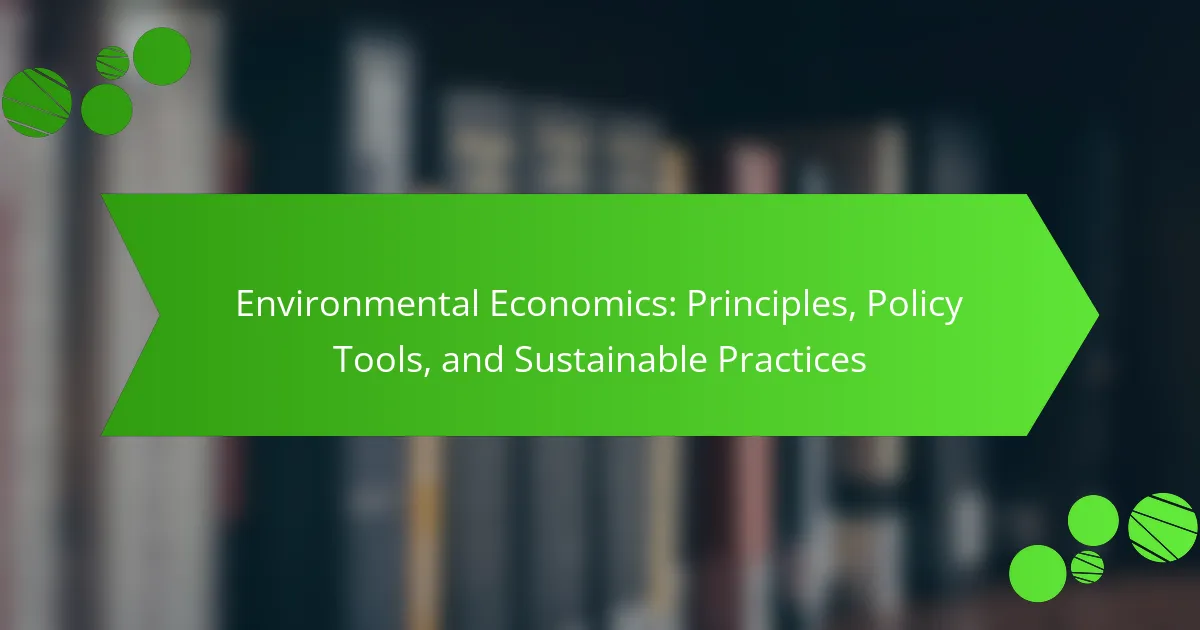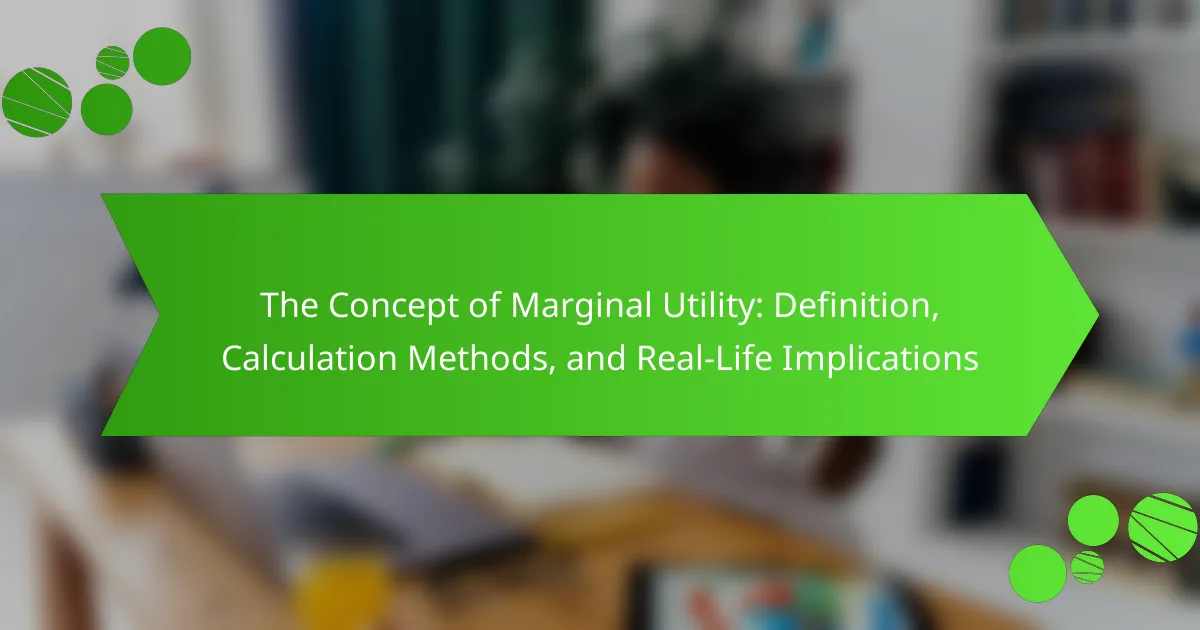

Interactive Learning Techniques in Economics: Gamification, Simulations, and Collaborative Projects
What are Interactive Learning Techniques in Economics? Interactive learning techniques in economics are methods that engage students actively in the learning process. These techniques include gamification, simulations, and collaborative projects. Gamification uses game elements to motivate learners and enhance engagement. Simulations allow students to experience real-world economic scenarios in a controlled environment. Collaborative projects encourage…

Neoclassical Economics: Core Assumptions, Critiques, and Modern Applications
What are the core assumptions of Neoclassical Economics? Neoclassical economics is based on several core assumptions. First, it assumes that individuals act rationally to maximize utility. Second, firms are assumed to aim for profit maximization. Third, it posits that markets are efficient and self-regulating. Fourth, it holds that individuals have perfect information. Fifth, it assumes…

Classical Economics: Foundations, Key Figures, and Lasting Impact
What is Classical Economics? Classical economics is a school of thought in economics that emerged in the late 18th and early 19th centuries. It focuses on the idea that free markets can regulate themselves through the forces of supply and demand. Key figures include Adam Smith, who introduced the concept of the “invisible hand,” suggesting…

Performance-Based Assessment Tools in Economics Education: Frameworks, Assessment Criteria, and Case Studies
What are Performance-Based Assessment Tools in Economics Education? Performance-based assessment tools in economics education are methods that evaluate students’ understanding through practical application. These tools include projects, simulations, and case studies. They focus on real-world scenarios to measure students’ analytical and problem-solving skills. Performance-based assessments often require students to demonstrate knowledge by creating solutions or…

Environmental Economics: Principles, Policy Tools, and Sustainable Practices
What is Environmental Economics? Environmental economics is a field of economics that studies the economic effects of environmental policies. It examines how economic activities impact the environment and how environmental policies can be designed to promote sustainable practices. This discipline integrates ecological and economic principles to evaluate the costs and benefits of environmental protection. Environmental…

The Concept of Marginal Utility: Definition, Calculation Methods, and Real-Life Implications
What is the Concept of Marginal Utility? Marginal utility is the additional satisfaction gained from consuming one more unit of a good or service. It quantifies how much extra benefit a consumer derives from an incremental increase in consumption. According to the law of diminishing marginal utility, as consumption increases, the added satisfaction from each…

Formative Assessment Tools in Economics Education: Methods, Best Practices, and Student Engagement
What are Formative Assessment Tools in Economics Education? Formative assessment tools in economics education are methods used to evaluate student learning during the instructional process. These tools provide ongoing feedback to both students and instructors. Examples include quizzes, polls, and peer assessments. They help identify areas where students struggle. This allows for timely interventions and…

The Role of Case Studies in Economics Education: Benefits, Implementation, and Student Engagement
What is the Role of Case Studies in Economics Education? Case studies play a crucial role in economics education by providing real-world applications of theoretical concepts. They enhance critical thinking and analytical skills in students. Through case studies, students engage with complex economic scenarios. This engagement fosters a deeper understanding of economic principles. Case studies…

The Importance of Scarcity: Definition, Impact on Resource Allocation, and Examples
What is the concept of scarcity? Scarcity is the economic concept that describes the limited availability of resources compared to the unlimited wants of consumers. It indicates that resources such as time, money, and raw materials are finite. This limitation necessitates choices about how to allocate resources effectively. Scarcity drives demand, influencing prices in the…

Innovative Online Platforms for Economics Education: Features, Benefits, and User Experience
What are Innovative Online Platforms for Economics Education? Innovative online platforms for economics education include Coursera, Khan Academy, and edX. These platforms provide various courses on economics topics. Coursera offers courses from top universities like Yale and Stanford. Khan Academy focuses on free educational resources for all ages. edX provides MicroMasters programs in economics. Each…








